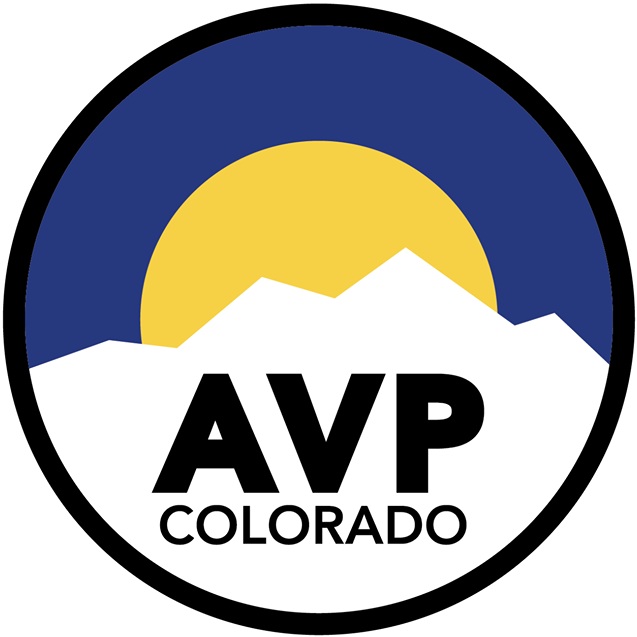AVP is an intensive learning experience, offering three-day workshops at three levels:
The Basic Workshop
The Advanced Workshop
The Training for Facilitators (T4F) Workshop
The Basic AVP Workshop
The Basic AVP Workshop facilitates the development of interpersonal conflict resolution skills through a series of step-by-step exercises. While AVP is not psychotherapy, the Basic AVP Workshop can lead to personal growth and transformation. Participants and facilitators jointly explore our own relationships with violence and seek more creative ways to respond. These experiences aim to build a sense of community and trust through exercises focusing on:
community building
We begin with introductions, agreeing on boundaries for the workshop, sharing names and getting to know the group. Group construction and trust exercises help build a sense of community, as do games and shared storytelling of experiences. Doing exercises together can be fun and also teaches us about others and ourselves.
AFFIRMATION & SELF-ESTEEM
We first have to affirm the positive in ourselves before we can recognize the good in others. Affirmation and self-esteem are foundational to creating a safe environment that promotes positive feedback and trust.
COMMUNICATION
Improving communication skills is essential to our workshop, both assertive methods of expression as well as listening. Learning to communicate assertively and clearly helps break down barriers. Active listening skills are important as the experience of being heard at a deep level can be very rare in our lives—and is critical to conflict resolution.
COOPERATION
There is no perfect community or a group of people who agree on everything, but once sharing starts, you can create and experience the power of cooperation. Reflecting on what we learn from our experiences, and listening to what others have learned, helps us to grow as a person and develop cooperative attitudes that avoid competitive conflicts. Learning to cooperate in a group can take different forms, even without communicating verbally.
CREATIVE CONFLICT RESOLUTION
Conflict is part of life. Without it, life would be static and monotonous. AVP’s key to pre-empting violent conflict is to creatively transform unhealthy relationships through sharing, caring, improved communication skills and sometimes even surprise and humor. We focus on getting in touch with our inner Transforming Power to resolve violence. Role plays provide an opportunity to explore this power and to learn new and creative ways to respond to conflicts in our lives.
The Advanced AVP Workshop
The Advanced AVP Workshop focuses on the underlying causes of violence, both in ourselves and in the world we live in. It is designed to give participants opportunities to rebuild community and review in-depth the concept of Transforming Power. The focus topics of the workshop are identified by the participants through a consensus process. (Prerequisite: Completion of Basic Workshop)
Past focus topics have included:
Fear — Reveals the hidden fears that usually underlie anger, jealousy and prejudice
Anger — Results in a deeper understanding of the personal situations that trigger anger
Power (and powerlessness) – Helps individuals understand power structures and get in touch with their inner power
Communication — Develops the skills and the ability to communicate in tense and stressful situations
Forgiveness — Builds the groundwork for true reconciliation and freedom from guilt
Bias Awareness — Builds awareness of stereotyping, bias and prejudice in personal relations
Racial Justice — Exploring the challenges people of color face
Man-woman relationships — Explores issues of fear, anger, power and powerlessness
Re-entry — Addressing the difficult transition from prison to community
The Training for Facilitators AVP Workshop
AVP Facilitators begin their training by completing both the Basic and Advanced AVP Workshops. The Training for Facilitators Workshop focuses on developing team building, leadership methods and group process skills. Participants work together in facilitation teams, receiving guidance and practice in facilitating all parts of a Basic Workshop.
